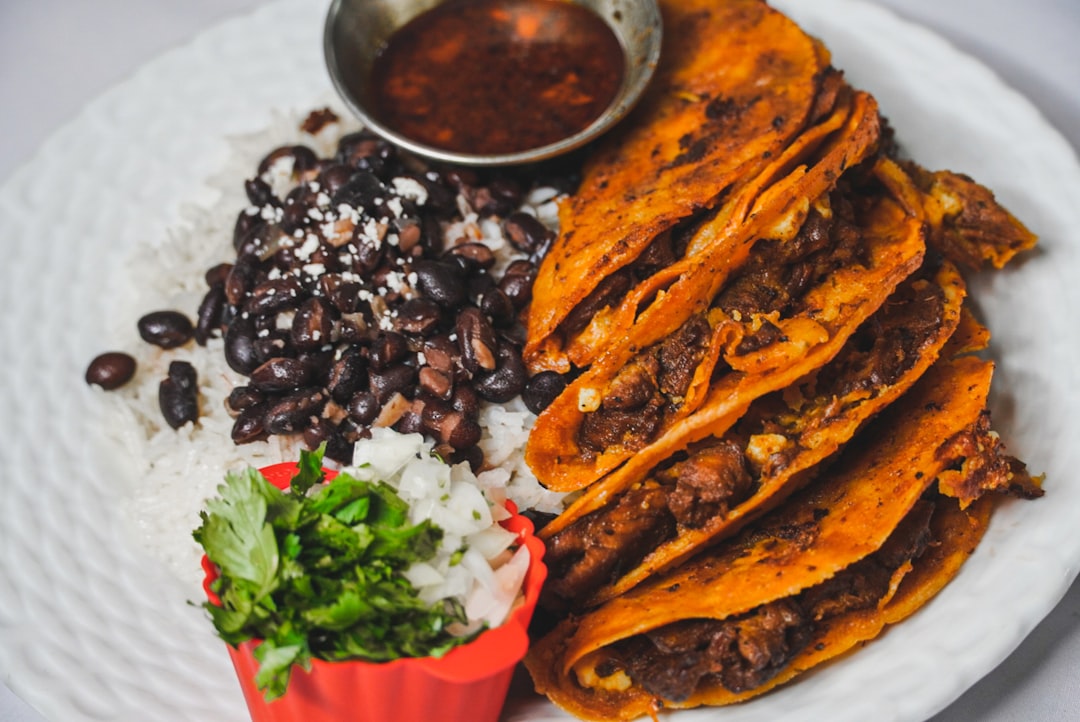The Microwave's No - Go Zone

When it comes to the microwave, it's a kitchen staple that has revolutionized the way we cook and reheat food. However, not everything belongs in this convenient appliance. In this article, we'll delve into the things you should never microwave, both for the sake of food quality and safety.
Let's start with eggs. Whether they are in the shell or cooked, eggs are a big no - no for the microwave. An egg in the shell has a hard outer layer that traps steam. When you microwave it, the steam builds up pressure inside the shell. Eventually, this pressure can cause the egg to explode violently. Even a cooked egg can be dangerous. The proteins in the egg can heat unevenly, creating pockets of super - heated steam. When you bite into it or cut it, the steam can erupt, potentially causing burns.
Another item to avoid is plastic containers that are not microwave - safe. Many plastics contain chemicals such as BPA. When heated in the microwave, these chemicals can leach into your food. This is not only a concern for the taste and quality of your food but also for your health. Some plastics may also melt or warp in the microwave, creating a mess and potentially releasing harmful fumes.
Styrofoam is also on the list. Styrofoam is made of expanded polystyrene. When exposed to high heat in the microwave, it can break down and release toxic substances into your food. Additionally, Styrofoam can catch fire if it overheats, posing a serious safety hazard in your kitchen.
Metals are a well - known microwave no - no. Metal reflects microwaves, which can cause arcing. Arcing is when sparks fly inside the microwave, and it can damage the appliance. It can also start a fire. Even small metal objects like twist - ties or aluminum foil pieces can cause problems. So, always make sure to remove any metal from your food before microwaving.
Cherries are another surprise entry. Cherries have a high water content and a small pit. The pit can act as a conductor of heat, causing the cherry to overheat and potentially explode in the microwave. The same goes for grapes. Grapes are almost perfectly spherical and have a high water content. When microwaved, they can create plasma, a state of matter that produces intense heat and light. This can damage your microwave and is extremely dangerous.
Oils are also not suitable for the microwave. Oils heat up very quickly and can reach extremely high temperatures. They can also splatter, creating a mess inside the microwave. If the oil gets too hot, it can catch fire, putting your kitchen at risk.
Lastly, takeout containers made of certain materials, like some types of cardboard or paper that are coated with wax, should not be microwaved. The wax can melt and drip onto the food, and it can also cause the container to catch fire.
To use your microwave safely and smartly, it's crucial to be aware of these items. Always read the labels on your containers to ensure they are microwave - safe. And when in doubt, it's better to use alternative cooking methods. By following these guidelines, you can keep your microwave in good condition and avoid any potential safety risks.